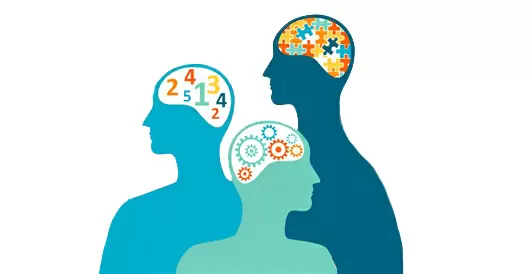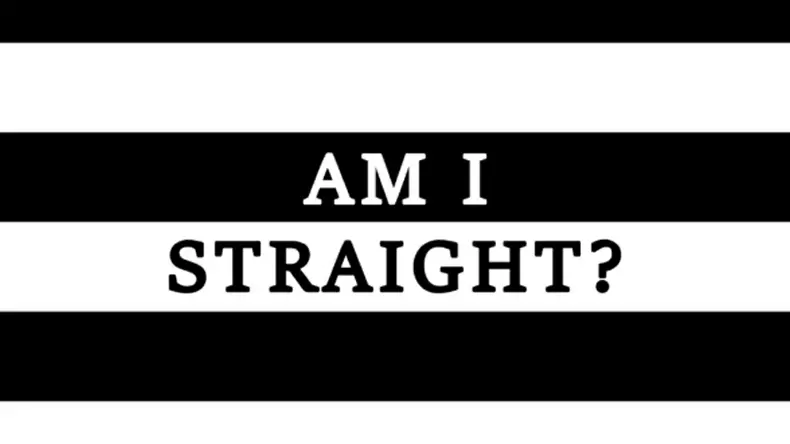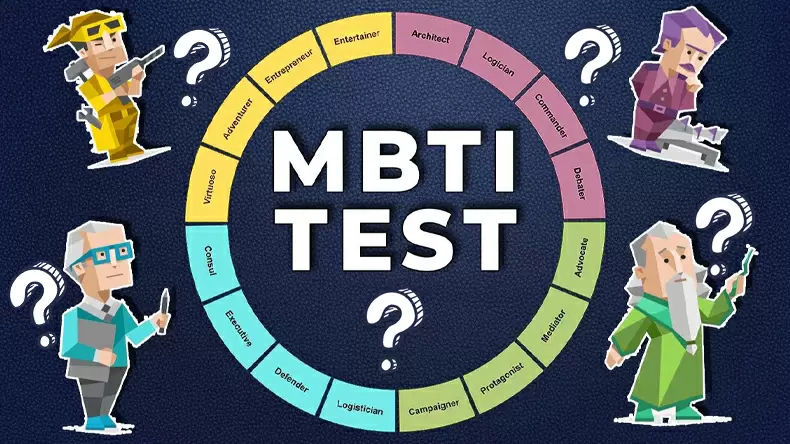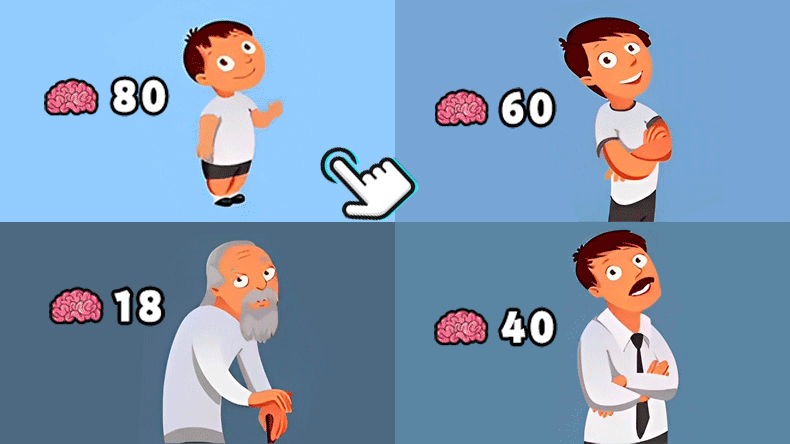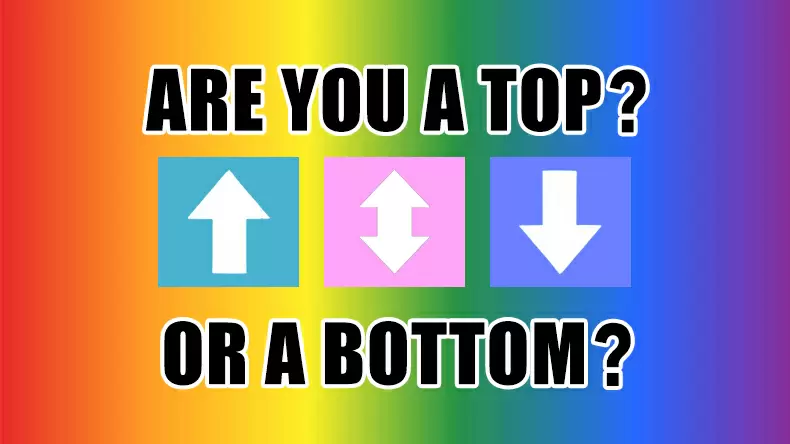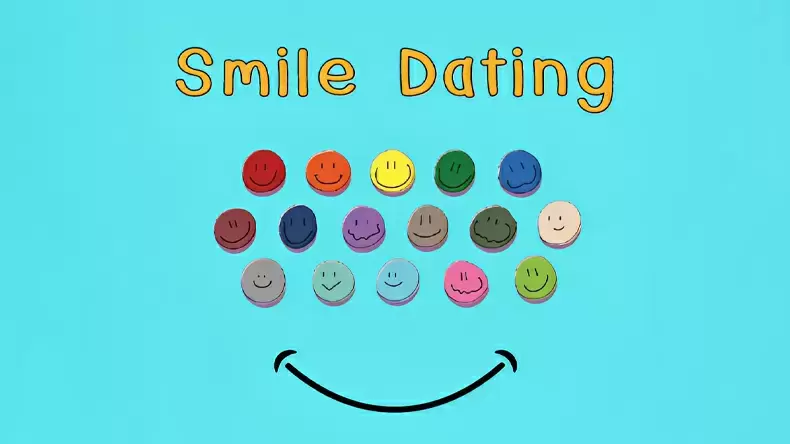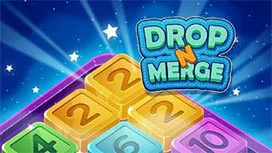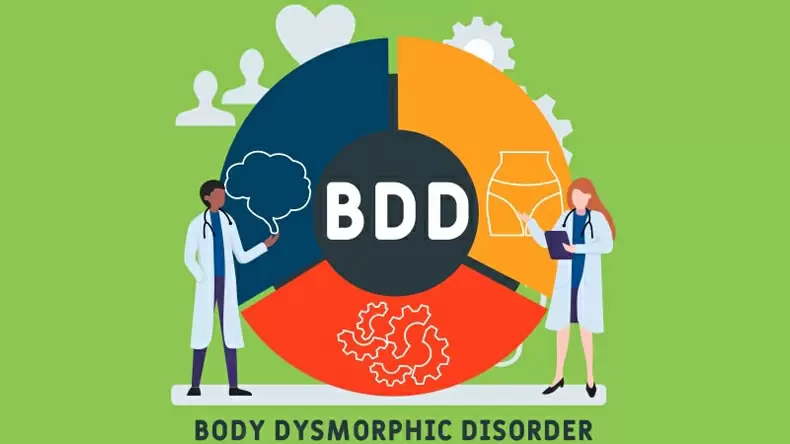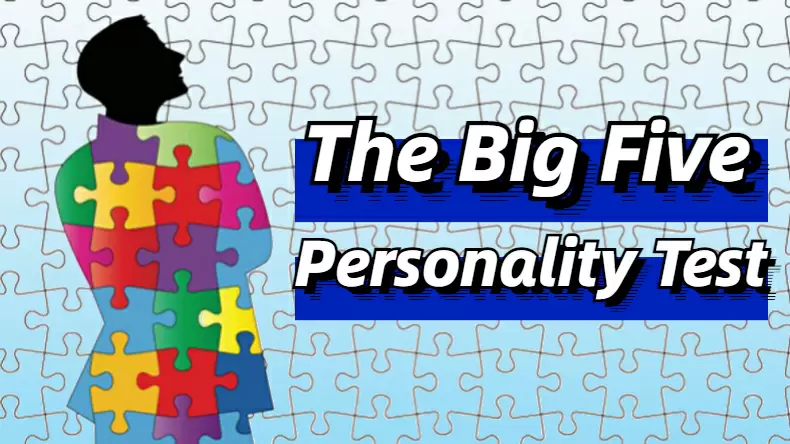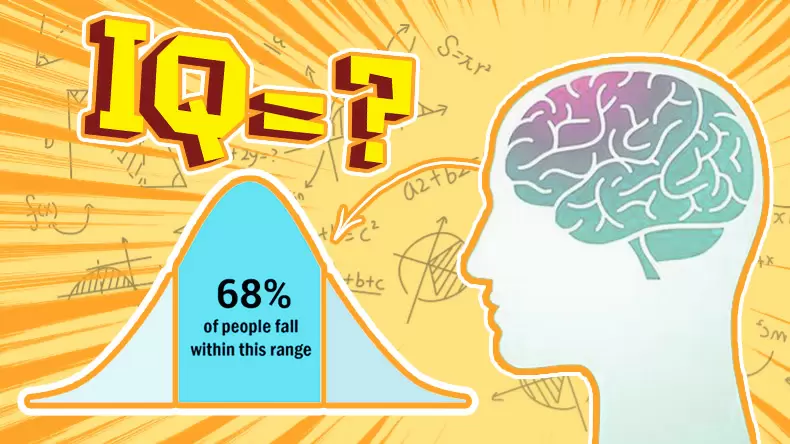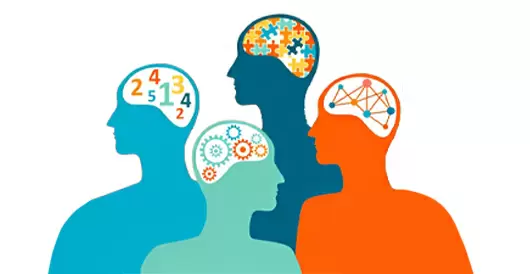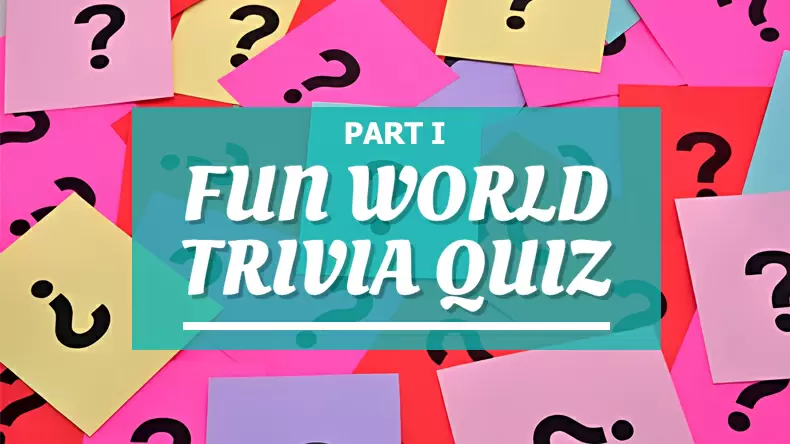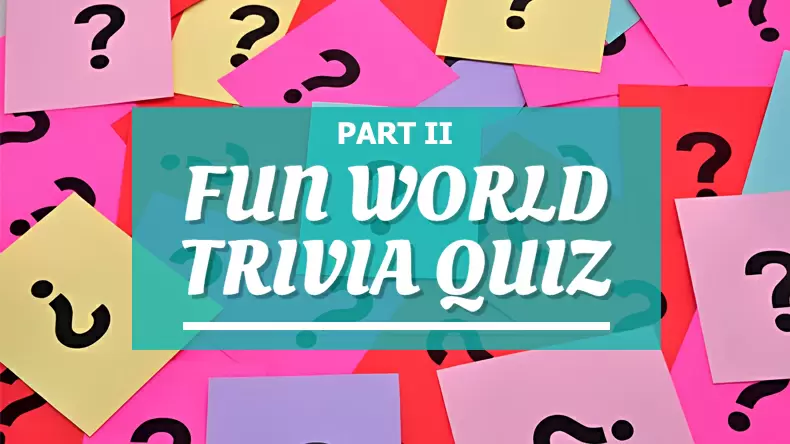Pinkie Pie Color Puzzle
Understanding Intelligence Quotient (IQ): What You Need to Know
IQ, or Intelligence Quotient, is a measure of intelligence and cognitive abilities. It is a numerical score derived from standardized tests that are designed to assess an individual's mental abilities and potential. The term "IQ" was first coined by German psychologist William Stern in 1912 as a way to describe an individual's mental age in relation to their chronological age.
IQ tests typically assess a range of cognitive skills, such as verbal and nonverbal reasoning, spatial awareness, memory, and problem-solving abilities. The results of an IQ test can be used to provide insights into an individual's intellectual strengths and weaknesses, as well as their potential for academic and professional success.
However, it is important to note that IQ tests are not a comprehensive measure of intelligence, and they do not take into account other important factors such as creativity, emotional intelligence, or practical skills. Additionally, cultural and environmental factors can influence test results, and IQ scores should be interpreted with caution and used in conjunction with other measures of intelligence. 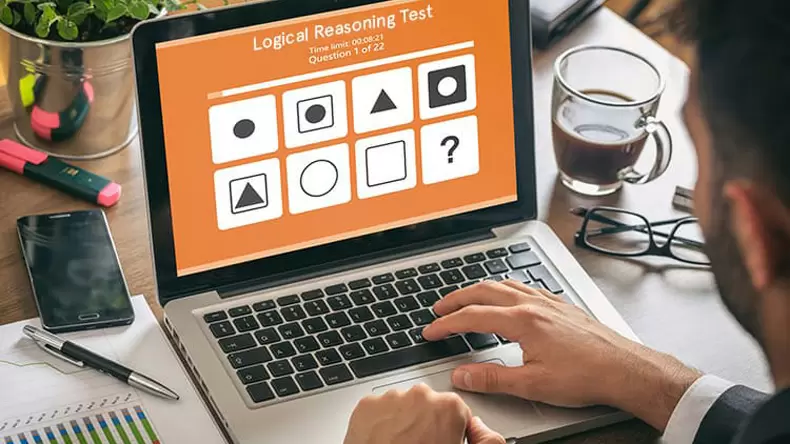
Understanding Intelligence Quotient (IQ) Scores
IQ scores are calculated based on a person's performance on the test, compared to the performance of a standardized population. The average IQ score is 100, and scores are distributed on a bell curve, with most people falling within the range of 85-115. The average IQ is 100, and scores range from 70 to 130 considered "below average" to "superior".
IQ scores can be useful in a variety of settings, including education, employment, and research. In education, IQ scores may be used to identify gifted students or to provide individualized educational plans for students who may need extra support. In employment, IQ scores may be used as a factor in hiring decisions or to identify employees who may be suitable for certain roles.
It's important to note that IQ scores are just one measure of intelligence and cognitive abilities. There are many different types of intelligence, including emotional intelligence, social intelligence, and practical intelligence, that cannot be fully captured by a standardized test. Additionally, IQ scores can be influenced by factors such as cultural and socioeconomic background, education, and other environmental factors.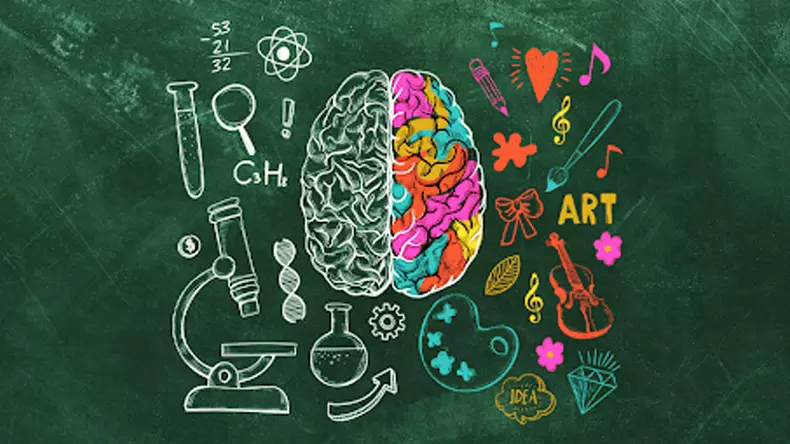
POPULAR
Sexuality Test: Discover Your True Colors Quiz
Disney Junior Holiday Party
Quiz: Am I Straight - Test Your Heterosexuality
Garfield Checkers
What is My Angel Number? Personality Test Quiz
Ninja Hands
16 Personalities Test - Find Out Your 16 Personalities Type Quiz
Candy Riddles Free Match 3 Puzzle
How Can I Show Love? Love Languages Test Quiz
Spiny Maze Puzzle
When Will I Die? Death Calculator Quiz
Greenlight Redlight
Harry Potter Quiz: Which Hogwarts house do you belong to?
Super Mario Run
Which South Park Character Are You? Quiz
Worm Hunt - Snake Game Io Zone
What Animal Am I? Personality Test Quiz
Captain Sniper
Which BLACKPINK Member Are You? Quiz
The Smurfs Ocean Cleanup
Am I A Furry? Quiz
Mine Clone 4
Gay Test: Am I Gay Quiz?
Fruit Ninja
Which Sanrio character Are You? Quiz
Home Scapes
Idiot Test: Am I an Idiot? Quiz
The Powerpuff Girls Doodle Maker
Pooh Pathology Test: What's Your Winnie the Pooh Pathology? Quiz
Football Brawl
BDSM Test: Exploring Your Kinky Side Quiz
Garden Tales 2
Sissy Test: Am I Sissy? Quiz
Clash Of Skulls
Soldier, Poet, King Personality Quiz
Spongebob Saves The Day
Which Disney Princess are You? Quiz
Hungry Shark Arena
Omegaverse Quiz: What ABO type Are You?
Tom And Jerry Matching Pairs
Lesbian Test: Am I Lesbian? Quiz
Cut The Rope 2
Mental Age test: What's your mental age? Quiz
Peppe Pig Ice Skating
Are you A Top or A Bottom? Quiz
Among Us The Imposter
Smile Dating Test Quiz
Drop N Merge
Picky Eater Test: Are You a Picky Eater? Quiz
Happy Glass
Body Dysmorphia Test: Do I Have BDD? Quiz
Sonic Run Adventure
The Big Five Personality Test Quiz
New Quiz
What's Your Crush's Secret Thought About You? Quiz
What Eye Color Does My Future Crush Have? Quiz
What's the First Initial of Your Crush? Quiz
Which Plant Personality Are You? Quiz
Who Is My Digimon Partner? Quiz
Your 2025 Word Of The Year Quiz
